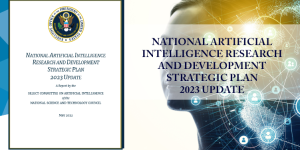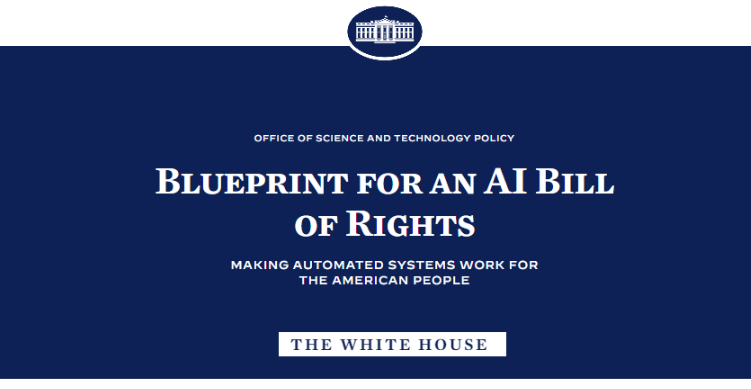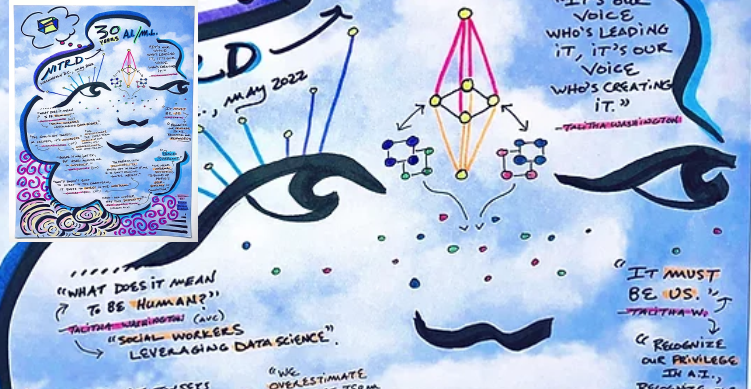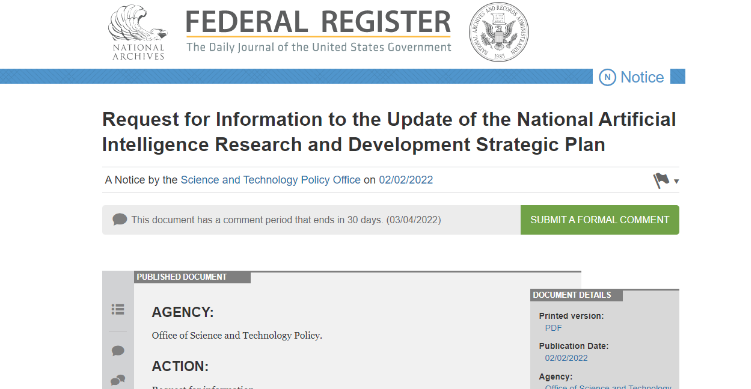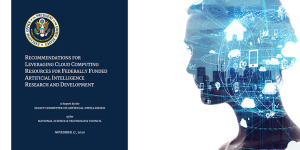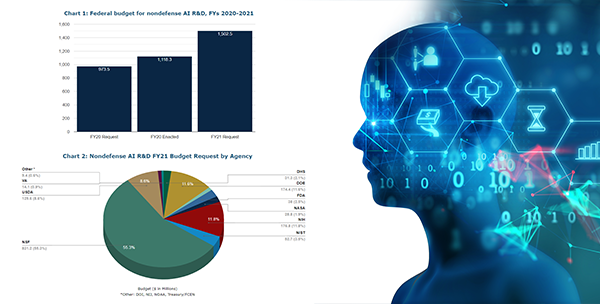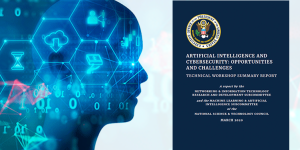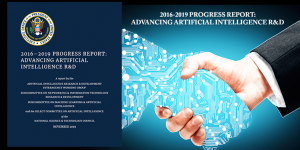NATIONAL ARTIFICIAL INTELLIGENCE RESEARCH AND DEVELOPMENT STRATEGIC PLAN 2023 UPDATE
This document includes relevant text from the 2016 and 2019 national AI R&D strategic plans, along with updates prepared in 2023 based on Administration and interagency evaluation of the National AI R&D Strategic Plan: 2019 Update as well as community responses to a Request for Information on updating the Plan. The 2019 strategies were broadly determined to be valid going forward. The 2023 update adds a new Strategy 9, which establishes a principled and coordinated approach to international collaboration in AI research.


